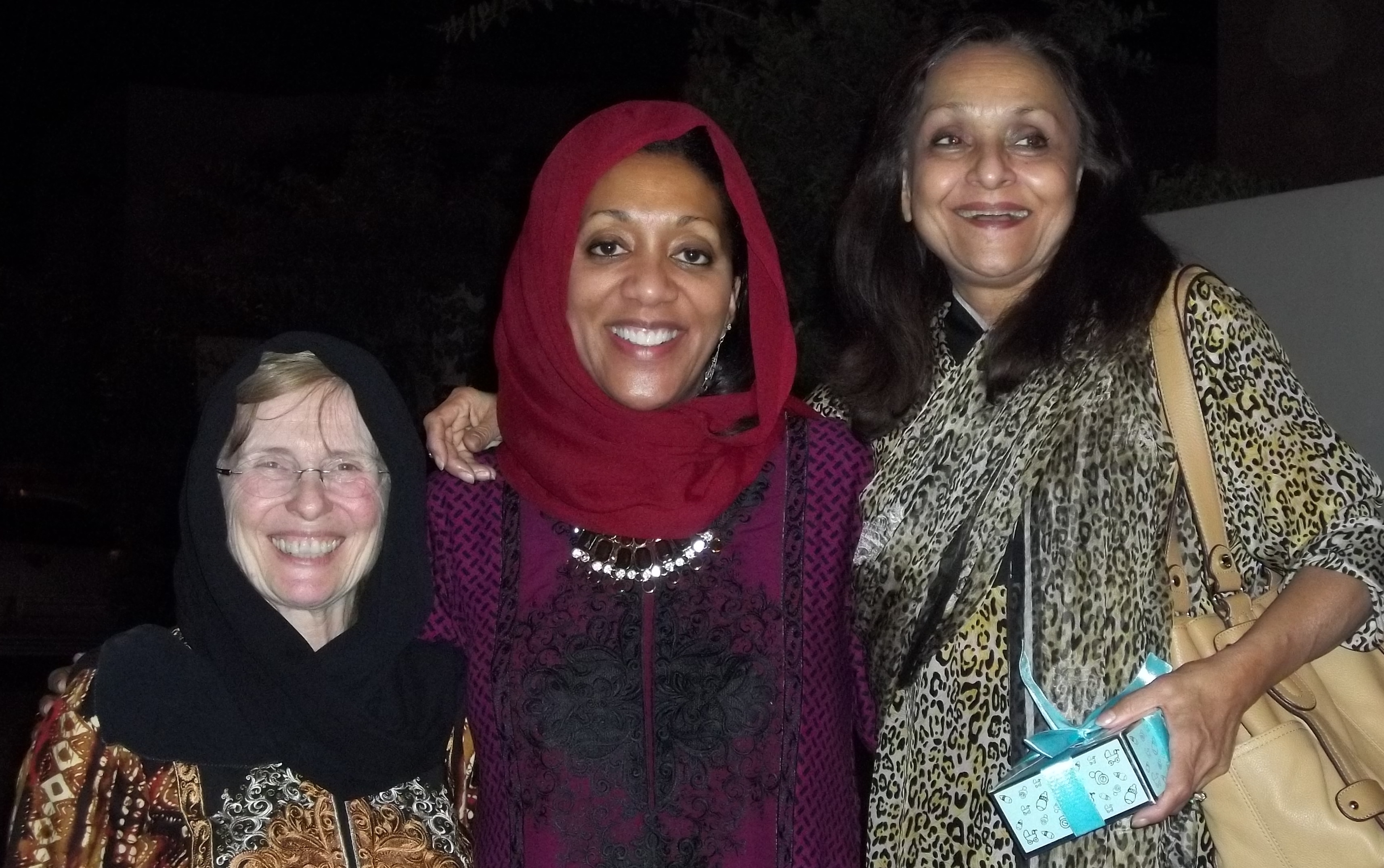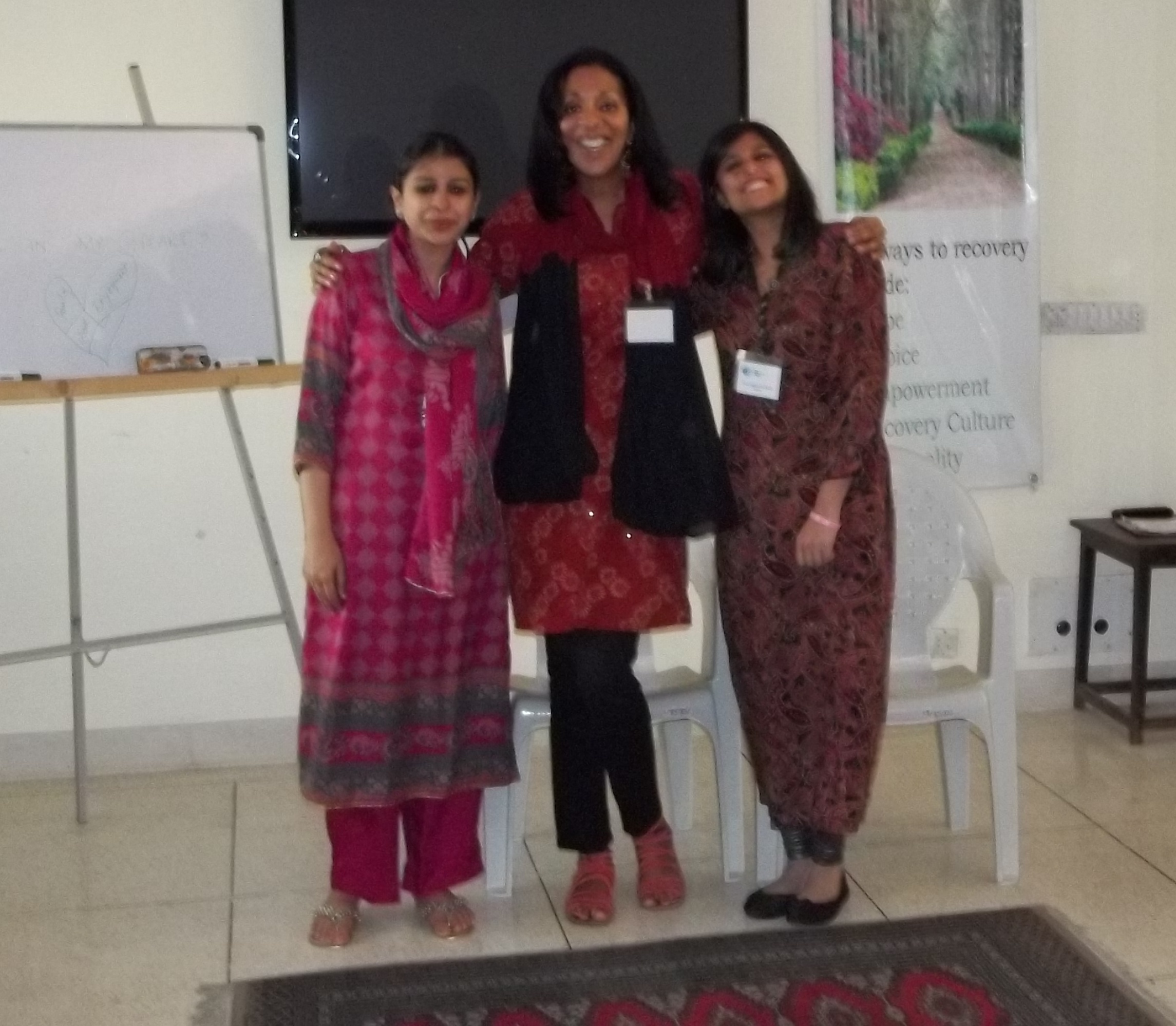You are here
 The Recovery House (TRH), a non-profit organization, was established three years ago in the urban metropolis of Karachi, Pakistan in response to a dire need for psychiatric rehabilitation services in Pakistan. Although psychiatric rehabilitation (PsyR) is largely a novel concept in Pakistan, it is fast gaining momentum and support from the psychiatric medical community. TRH has begun to receive referrals from reputable hospitals and acute care facilities that are now encouraging families to opt for rehabilitation. A pioneer in the field of PsyR in the country, TRH applies an integrated care model to PsyR by providing overall medical treatment and monitoring services in tandem with recovery planning and physical care, all under one roof. Here the premise is that physical health, mental health, fitness, nutrition, and hygiene are all interconnected, and hence, the multiple needs of a single individual must be addressed by a comprehensive plan to reduce barriers to recovery. TRH recognizes the importance of taking into consideration the unique cultural climate of Pakistan for the effective application of Western evidence-based practices in PsyR.
The Recovery House (TRH), a non-profit organization, was established three years ago in the urban metropolis of Karachi, Pakistan in response to a dire need for psychiatric rehabilitation services in Pakistan. Although psychiatric rehabilitation (PsyR) is largely a novel concept in Pakistan, it is fast gaining momentum and support from the psychiatric medical community. TRH has begun to receive referrals from reputable hospitals and acute care facilities that are now encouraging families to opt for rehabilitation. A pioneer in the field of PsyR in the country, TRH applies an integrated care model to PsyR by providing overall medical treatment and monitoring services in tandem with recovery planning and physical care, all under one roof. Here the premise is that physical health, mental health, fitness, nutrition, and hygiene are all interconnected, and hence, the multiple needs of a single individual must be addressed by a comprehensive plan to reduce barriers to recovery. TRH recognizes the importance of taking into consideration the unique cultural climate of Pakistan for the effective application of Western evidence-based practices in PsyR.
All TRH services are centered on the individual and are focused on facilitating the individual in the development of a holistic wellness plan for achieving self-expressed goals. At present, TRH’s offerings include a residential program, and a day program and out-patient services. A respite care program for care-givers is in the process of development. Additionally, through family psychoeducation, TRH works closely with families to gain their support for PsyR and help them develop realistic expectations regarding the recovery of a loved one. In Pakistan, families play an integral role in the recovery process as adults may continue to live in extended family set-ups and depend on their families for financial support. This cultural paradigm presents increased opportunities for semi-independent living upon recovery, with the family unit serving as a reliable support system. In recognition of the acute stigma and myths associated with mental illness that dissuade families and individuals from seeking support, TRH is also committed to raising awareness about PsyR through informational seminars, talk-shows, printed materials, and social media.
 Furthermore, in order to build a workforce in the field, TRH regularly organizes trainings in PsyR. Most recently, in December 2013, Dr. Veronica Carey, PhD, CPRP, Chair, PRA Academy of Psychiatric Rehabilitation and Recovery, and Behavioral Health Counselling Department, College of Nursing & Health Professions, Drexel University; and Dr. Barbara Granger, PhD, CPRP, Granger Consultation Services, were invited to Karachi to conduct trainings for TRH staff, evaluate the existing program, and conduct seminars and interviews to raise awareness for PsyR. Based on their recommendations, TRH has adopted a marked change in approach; PsyR specialists now function as partners in the individuals’ recovery process. Previously, mandatory clinical counselling sessions were scheduled at TRH, but they are now conducted on a needs-basis or when requested by an individual. Also, with the introduction of client-proposed units, PsyR sessions are divided into compulsory units such as Fitness, Stress Management, and Health & Hygiene, and optional units including Information Technology, Expressive Arts, and Sports. All units are developed by taking into consideration the collective goals of the group, and participants are encouraged to take charge of the units. Learning from the Clubhouse Model, the element of choice and ownership is emphasized in every step of the rehabilitation process. The introduction of peer support groups is reported by participants to be highly empowering.
Furthermore, in order to build a workforce in the field, TRH regularly organizes trainings in PsyR. Most recently, in December 2013, Dr. Veronica Carey, PhD, CPRP, Chair, PRA Academy of Psychiatric Rehabilitation and Recovery, and Behavioral Health Counselling Department, College of Nursing & Health Professions, Drexel University; and Dr. Barbara Granger, PhD, CPRP, Granger Consultation Services, were invited to Karachi to conduct trainings for TRH staff, evaluate the existing program, and conduct seminars and interviews to raise awareness for PsyR. Based on their recommendations, TRH has adopted a marked change in approach; PsyR specialists now function as partners in the individuals’ recovery process. Previously, mandatory clinical counselling sessions were scheduled at TRH, but they are now conducted on a needs-basis or when requested by an individual. Also, with the introduction of client-proposed units, PsyR sessions are divided into compulsory units such as Fitness, Stress Management, and Health & Hygiene, and optional units including Information Technology, Expressive Arts, and Sports. All units are developed by taking into consideration the collective goals of the group, and participants are encouraged to take charge of the units. Learning from the Clubhouse Model, the element of choice and ownership is emphasized in every step of the rehabilitation process. The introduction of peer support groups is reported by participants to be highly empowering.
The trainings by Drs. Carey and Granger resulted in a noted improvement in staff performance and morale as evidenced by feedback from individuals participating in the residential and day programs. As participants now have the added advantage of participating in activities that support their goals, they are more enthusiastic about their rehabilitation. In light of an organizational paradigm shift, higher priority is given to non-clinical strategies for recovery by focusing on activity and discussion-driven rehabilitation. While the initial reaction is positive, further results will be revealed based on a review by the consultants in the future.
Watch the videos of Drs. Carey and Granger.
Mariam Akberali graduated with a liberal arts degree in psychology from Franklin & Marshall College in 2007. Since then, she has had diverse work experience in project management and brand building while working in the non-profit sector and the restaurant & hospitality industry in Pakistan. In 2010, she was responsible for the launch of N‘eco’s Natural Store & Café, the first organic and natural retail store café in Pakistan. Her development experience includes designing a mental health program for the largest unofficial urban slum areas in Karachi and launching a comprehensive academic counselling program for The Citizens Foundation (TCF), one of the largest charitable organizations working in education in the country. Her interests include social entrepreneurship, women’s rights, art and travel.



